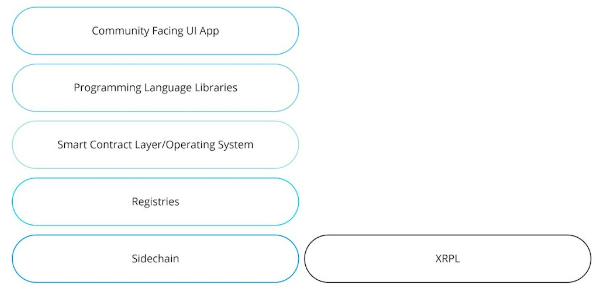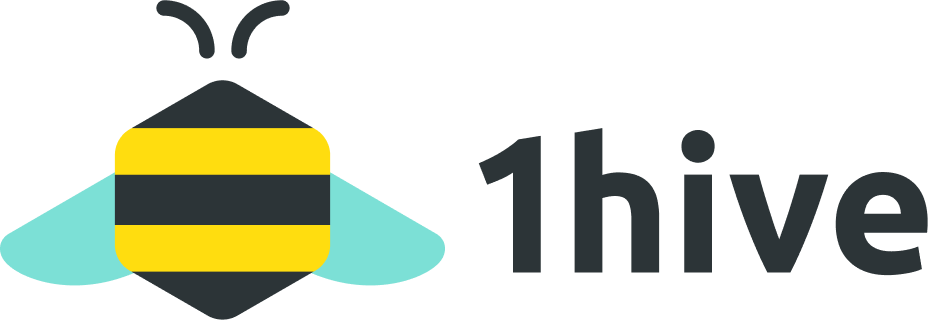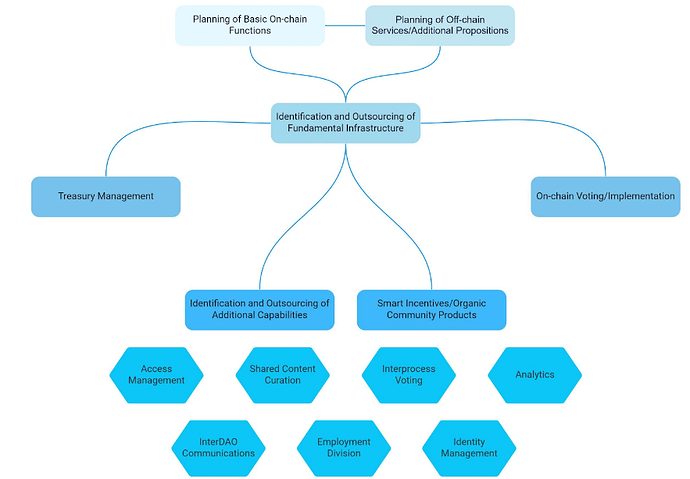Quote Request for DAO SDK Construction
Proposal Information
I’m writing on behalf of the Ripple team to ask for an estimate of how much it would cost to build the whitelabelling services outlined below, including the basic functions as well as any additional features you could provide. Our Federated Sidechain with EVM/smart contract capabilities would serve as the foundation for this. As a guide, please utilise the desired functionalities, theorised stack, and preliminary roadmap. We’d appreciate any clarifications, as this looks to be a new field to us. Any extra documentation that might assist us in properly framing our requirements would be greatly welcomed.
Best Wishes,
Elnur
Basic DAO Functionalities:
The allocation of tokens (On-chain): Each agency or DAO can create and distribute its own native tokens to providers of value who meet the organization’s criteria. The formation of a distinct economy for the organization is enabled via the issuing of native tokens. The utility or benefit of the tokens may be whatever the agency decides, such as granting access to the DAO’s product or granting a piece of the agency’s revenue.
Allocation of funds (On-chain): External tokens like SOLO, CSC, or other DAO’s tokens can be earned or collected via an organization’s own-token sale. It has the ability to hold them in reserve and give them to third parties in exchange for a specific effort or contribution. An agency using its finances to reward contributors, staff, or other service providers is a good example of this.
Assigning a reputation (Combination): Members of each agency can be assigned reputation scores. The term “reputation” refers to a person’s professional credibility and hence influence inside an organization. Reputation, unlike typical blockchain-based coins, is not transferrable. It is given or won by certain members based on their accomplishments and services to the organization. Because reputation is linked to decision-making authority in the community, people who the organization feels make the best judgments should be given more reputation. However, the community may determine that reputation fades over time in order to avoid locking up decision-making authority.
Shared data curation (Combination): An organization can curate and administer its own collective database of things. It might be content curation, website curation, organization curation, or anything else. The network effect of a shared database is its strength; if everyone is looking in the same direction, then that location is valuable (and monetizable too).
Exterior activity (On-chain): As a separate entity, an agency can operate within another agency. An agency, for example, can make a proposal to another agency (or DAO) and vote on the ideas of others.
Upgrade to the governance structure (On-chain): Each entity can set up and maintain its own governance system. The agency explains how it works, what it can and cannot do, and how to change these governance systems by approving or eliminating particular aspects.
Theorised Stack


